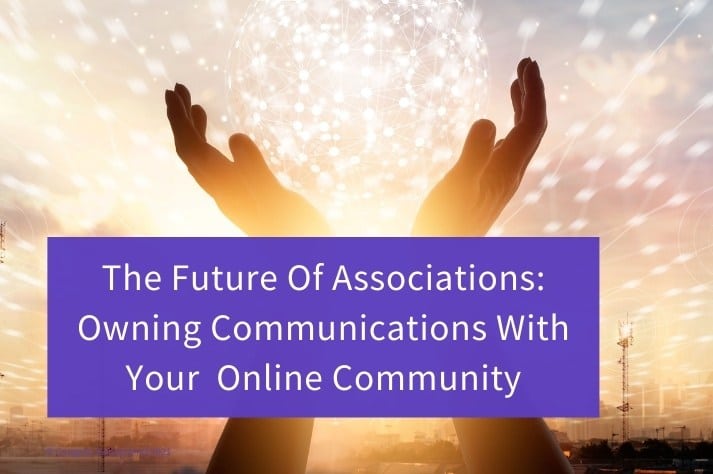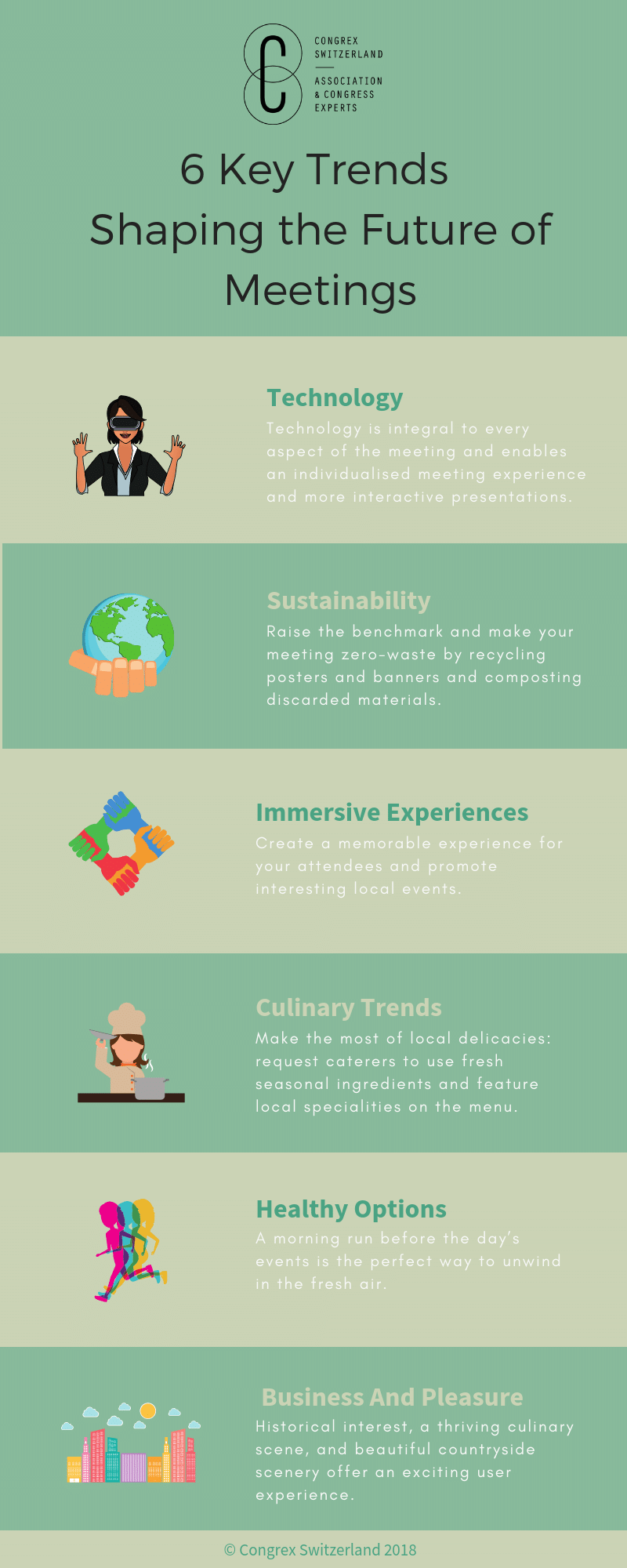You might have heard lately the discussions about private online community?
Sharing high-value information and enabling communication are tasks at the heart of every association. However, the way communications are deployed by many organisations is rapidly becoming outdated. Little has changed since the 1960s when the preferred model used by associations was based on top-down communication. Although this has advantages, it also has limitations, particularly regarding its effectiveness in getting associations to generate member engagement.
Professional needs have changed, and especially over the past year. Information remains important, but meaningful community building is becoming a priority. Associations can meet this need by redesigning their communication model through the creation of private online membership communities.
Why Social Media Is Not The Solution
Restrictions to in-person interactions highlight how ingrained the sense of community is. The past year has evidenced that people need to belong more than ever, and many have turned to social media to fulfil this need.
This also applies to associations, since many have resorted to social media in order to replace in-person meetings. Initially, this seems a logical move: social networks are available for free 24/7. If an association lacks the technical know-how to develop proprietary community platforms, social media may appear as the next best thing. But this is not the case, for the following reasons:
RELATED: Online Learning And Member Engagement For 21st Century Associations
- Issues of ownership: Using social media for professional interaction is akin to outsourcing member engagement. These platforms are run on a business model that may not be aligned with your association’s values, so relying on them would be like building your house on someone else’s land.
- Lack of focus: Social networks compete for your audience’s attention with a deluge of ads, notifications, irrelevant content, etc.
- Lack of control: In these platforms, content visibility and engagement are dictated by algorithms and community managers, which raises issues of authenticity and relevance.
- Limiting terms and conditions, which often raise ethical concerns over data protection and may infringe the privacy rights of online members.
- Lack of personalisation: Social media groups will never be tailored to the goals of associations and to their members’ needs. Instead, members are just one more profile among millions.
While we do not wish to demonise these platforms, we want to suggest a more effective and engaging alternative.
Download our White Paper
At Congrex Switzerland we have been closely following the latest developments and our understanding is that hygiene and infection protection compliance will be essential for our industry recovery. Our team has created this white paper describing the challenges that lie ahead, as well as the conceptual and practical framework that can propel the events sector forward in full compliance.
The Private Online Community IS The Future Of Associations
Association executives should evaluate to which extent social media help them further their goals and deliver member benefits. Now is the time to design a more comprehensive approach to communication and member engagement; an approach that goes beyond social media and old paradigms.
Private niche communities have been on the rise for a few years due to their ability to reach a highly targeted audience and generate authentic conversations. As a digital analyst stated in 2019, “there is no more B2B and B2C. It’s about people connecting with people (P2P)” – and online communities are the tool needed to achieve this.
Associations are in a privileged position since they already have a niche community: their member base. Prioritising the creation of online communities has the following benefits:
RELATED: Bringing Diversity and Inclusiveness Into Association Leadership In Times Of Crisis
- Control over data and privacy, which can inspire trust.
- The ability to offer relevant, reliable, and distraction-free content.
- Invert the outdated top-down communication model and foster a sense of value among members by encouraging fresh user-generated content and collaborative work.
- Create constant opportunities for interaction, instead of limiting them to a few times a year (which would be the case with in-person events).
- Create a personalised member experience that builds brand and group identity.
- Expand the reach of your membership marketing strategy and create opportunities for monetisation.
Conclusion
Private online communities can help associations keep pace with digital innovation and own their communication model. This high-value strategy can nurture your member base by offering them private spaces for growth, expertise sharing, and lasting engagement.
If you want to know how to take your mission forward with a strong community-led initiative, get in touch with our team and keep an eye on future articles in this series.
——
Congrex Switzerland is an internationally operating agency delivering customised solutions. This encompasses the overall organisation of conferences and meetings, including the management of hotel rooms and strategic consultancy. Annually Congrex Switzerland organises approximately 45 events with over 73’000 delegates. Amongst our clients are international associations, governmental organisations and corporations.
GREEN-SCREEN STUDIO IN BASEL
Our fully equipped green-screen studio is now available for rent in Basel. We can provide specialist support with state-of-the-art equipment. Record or live-stream your presentation, panel discussion or interview with professional quality audio and video.










